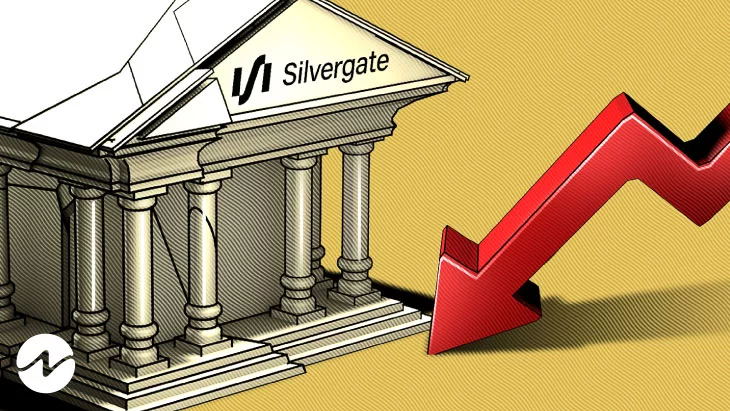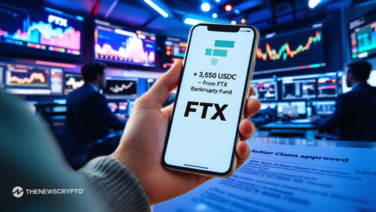- The crypto bank’s shares dropped by 59% in the previous five days.
- Silvergate delayed the submission of its annual 10K financial report this week.
On March 3, Silvergate, a cryptocurrency bank, stated that it will be closing down its digital asset payment network. Citing a “risk-based decision” as the reason for the move. This action was taken after the bank’s shares dropped by 59% in the previous five days on worries that it would go bankrupt.
Silvergate was ordered by United States District Judge Michael B. Kaplan to repay $9,850,000 to BlockFi the same day. According to court records uploaded on the website of BlockFi’s restructuring counsellor, The two firms reached an agreement in November 2022. And the court thereafter ordered the bank to promptly transfer the funds.
Domino Effect Continues
BlockFi, like Silvergate, was a cryptocurrency company that suffered losses when FTX collapsed last year. In the fourth quarter of 2022, the crypto bank was struck with huge withdrawals. Adding to the $1 billion net loss it had already incurred. Owing to liquidity problems caused by the crypto bear market.
Moreover, Silvergate reportedly borrowed $3.6 billion from the U.S. Federal Home Loan Banks System (FHLB), a consortium of 11 regional banks throughout the United States that provides loans to other banks and lenders, in an attempt to cushion the blow of a sudden influx of withdrawals. Class action lawsuits have been filed against the cryptocurrency bank because of its association with FTX and Alameda Research.
As Silvergate delayed the submission of its annual 10K financial report this week. Concerns grew that a shortage of cash might force the company to seek bankruptcy protection. Coinbase, Circle, Bitstamp, Galaxy Digital, and Paxos all indicated within 24 hours that they would restrict their collaboration with the bank.







